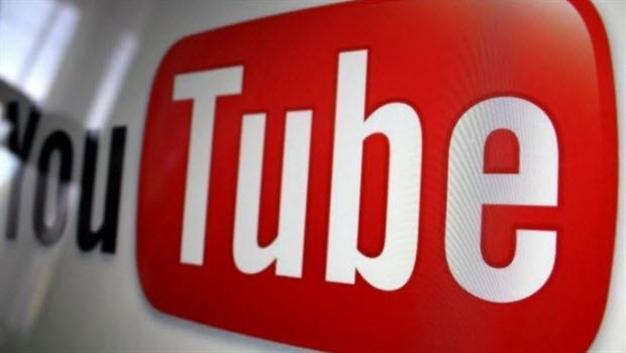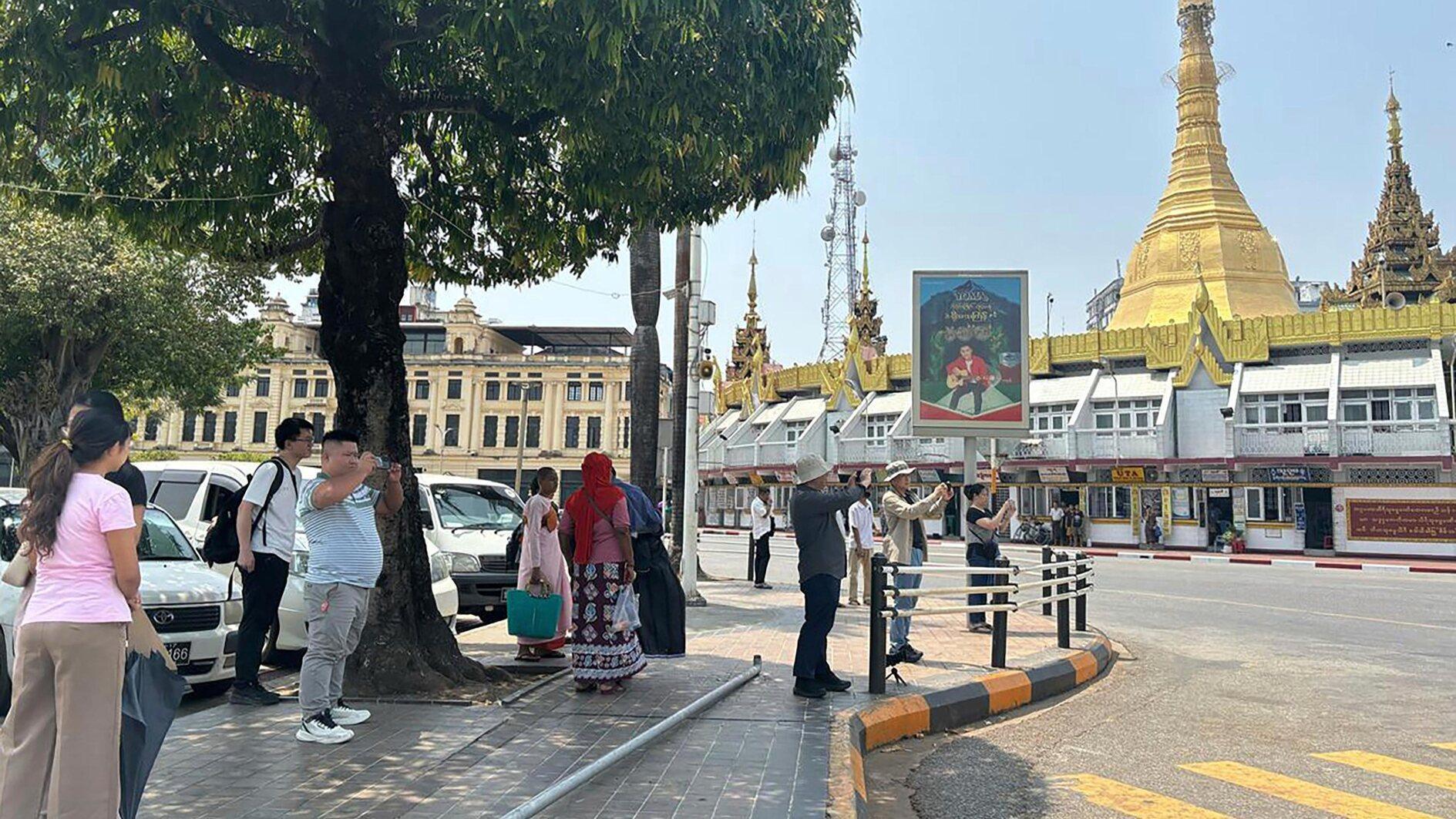Turkish court rules to unblock YouTube, again
ANKARA
 A Turkish court in Ankara ruled to unblock the popular video-sharing website YouTube on April 9, following its temporary measure to reinstate the ban as per the prosecution’s request.
A Turkish court in Ankara ruled to unblock the popular video-sharing website YouTube on April 9, following its temporary measure to reinstate the ban as per the prosecution’s request.Access to YouTube was blocked March 27 by Turkey’s Telecommunications Authority (TİB) without being supported by a court decision, hours after recordings of a key security meeting on Syria were leaked online.
The subsequent decision issued after the blocking of access by a local court in Ankara’s Gölbaşı district justified the ban on the grounds of a law incriminating insults to Mustafa Kemal Atatürk, the founder of the Turkish Republic.
The Gölbaşı Court of Peace ordered on April 4 that access to the website be unblocked following an appeal from the Union of Turkish Bars Associations. However, the court also ruled that access to 15 videos would remain blocked, according to Anadolu Agency.
Gölbaşı Prosecutor’s Office objected to the ruling, arguing the ban should continue because the 15 videos remain on the website and URL-specific blocking is not technically possible. The Gölbaşı Criminal Court of First Instance, which is a higher court, reversed the earlier verdict April 5 by ruling the ban will continue until the “criminal content” is removed by YouTube.
Following an appeal filed by Gönenç Gürkaynak, YouTube's lawyer in Turkey who also represents Twitter, the court revoked the preventive measure temporarily imposed upon the prosecution’s request on April 9 and has ruled previous verdicts that justified the ban on YouTube “be declared null and void."
The TİB should unblock YouTube after it is officially notified about the ruling, even if the popular website doesn't remove the aforementioned videos. The TİB did not enact the court’s ruling to unblock Twitter last month and opted to wait until a Constitutional Court ruling to revoke the ban.
National security vs. freedom
The ban on YouTube, less than a week after Twitter, added more fuel to the outrage against the government’s tightening grip on the Internet by empowering the TİB with the authority to block access regardless of a court order.
Following the controversial decision, Foreign Minister Ahmet Davutoğlu had emphasized that the YouTube ban was a question of national security, while dismissing that it could be interpreted as a violation of people’s freedoms.
“The Twitter ban is related to privacy, while the ban on YouTube is a matter of national security. It should not be perceived as a restriction of freedom,” Davutoğlu said.
Another lawsuit at an Ankara administrative court against the decision filed by the Ankara Bar Association, demanding a stay of execution and a cancellation of the YouTube ban, is still pending.
















